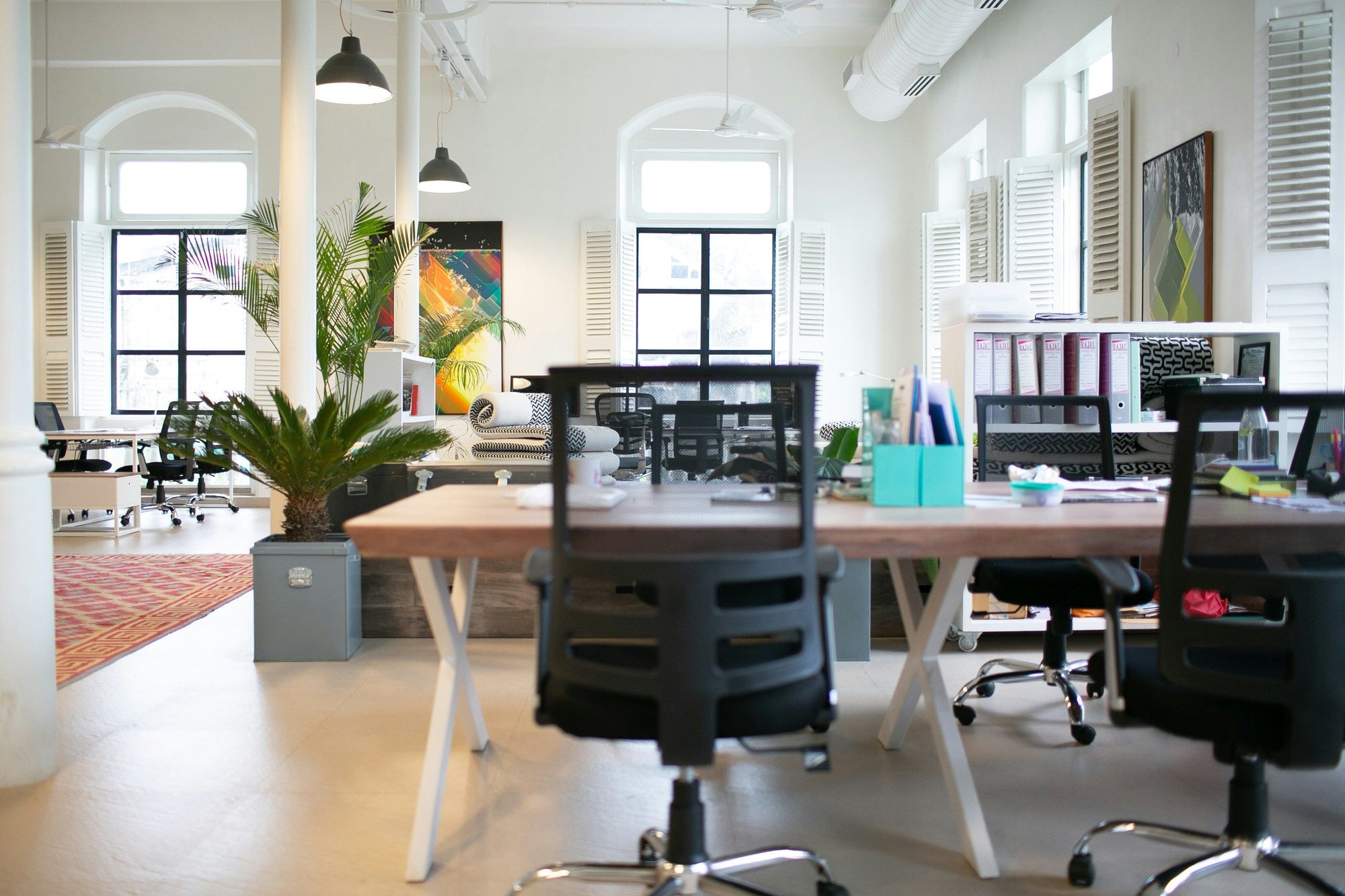Deciding whether to buy an office building is a significant decision that can impact your business for years to come. While owning property can offer numerous benefits, it also comes with potential drawbacks. In this blog, we’ll explore the pros and cons of buying an office building to help you weigh your options and make an informed decision.
Pros of Buying an Office Building
-
Long-Term Investment
Building Equity: Purchasing an office building allows you to build equity over time. As you pay down the mortgage, you increase your ownership stake in the property. This equity can be a valuable asset for your business and provide financial benefits in the long run.
Appreciation Potential: Real estate generally appreciates over time, potentially increasing the value of your property. This appreciation can result in significant returns if you decide to sell the building in the future.
-
Control Over Your Space
Customization: Owning the property gives you the freedom to customize the space to suit your business needs. You can make modifications, renovations, and improvements without needing landlord approval, creating an environment that aligns with your company’s brand and operational requirements.
Stability: Owning an office building provides stability, as you won’t be subject to lease renewals or rent increases. This stability can contribute to a more predictable and secure business environment.
-
Potential Tax Benefits
Depreciation Deductions: Property owners can benefit from tax deductions related to depreciation, which allows you to deduct a portion of the building’s value over time. This can reduce your taxable income and provide financial advantages.
Expense Deductions: You can also deduct certain property-related expenses, such as maintenance, repairs, and property taxes, from your taxable income.
-
Asset Control and Flexibility
Control Over Management: As the property owner, you have complete control over building management, including maintenance, security, and tenant relations. This control allows you to ensure the property is maintained to your standards and addresses any issues promptly.
Leasing Opportunities: If your business outgrows the space or requires a different layout, you have the option to lease part of the building to other tenants, potentially generating rental income.
-
Potential for Long-Term Cost Savings
Rent Savings: By owning your office building, you eliminate the need to pay rent to a landlord. Over time, this can result in significant cost savings compared to leasing, especially if property values and rents increase.
Cons of Buying an Office Building
-
High Initial Costs
Down Payment and Financing: Purchasing an office building requires a substantial upfront investment, including a down payment and closing costs. Securing financing can also be challenging, requiring a strong credit history and financial stability.
Additional Expenses: Beyond the purchase price, you’ll need to budget for ongoing expenses such as property taxes, insurance, maintenance, and repairs. These costs can add up and impact your overall budget.
-
Maintenance and Management Responsibilities
Ongoing Maintenance: As the property owner, you’re responsible for maintaining the building and addressing any repairs or issues that arise. This responsibility can be time-consuming and may require additional resources or hiring property management services.
Management Complexity: Managing an office building involves overseeing various aspects, including tenant relations, compliance with regulations, and facility management. This complexity can be challenging, particularly if you lack experience in property management.
-
Risk and Uncertainty
Market Fluctuations: Real estate markets can be volatile, and property values may fluctuate based on economic conditions, local market trends, and other factors. This unpredictability can affect the value of your investment and impact your business if the property’s value decreases.
Vacancy Risks: If you lease part of the building to other tenants, there’s a risk of vacancy, which can affect your rental income and overall financial stability.
-
Less Flexibility
Commitment: Owning an office building represents a long-term commitment. If your business needs change or you need to relocate, selling the property can be a lengthy and complex process. This lack of flexibility can be a disadvantage if your business undergoes significant changes.
-
Potential for Additional Financial Strain
Unexpected Costs: Property ownership can come with unexpected costs, such as major repairs or upgrades that were not anticipated. These costs can strain your financial resources and impact your business’s budget.
Conclusion
Buying an office building offers several advantages, including long-term investment potential, control over your space, and potential tax benefits. However, it also comes with drawbacks such as high initial costs, maintenance responsibilities, and market risks. Carefully evaluating these pros and cons in relation to your business goals, financial situation, and long-term plans will help you make an informed decision about whether purchasing an office building is the right choice for your company.







